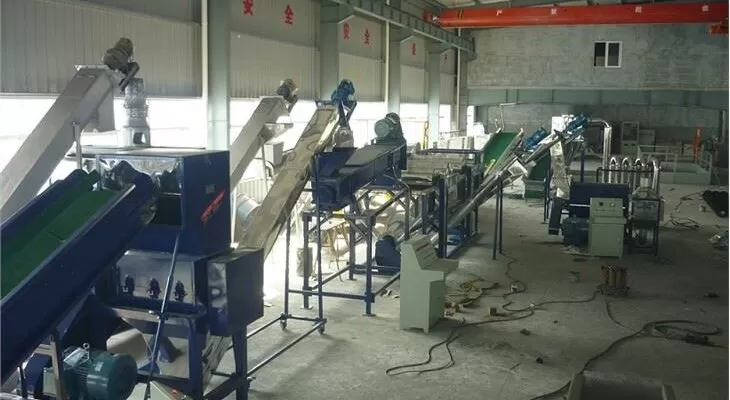Ever felt overwhelmed by the rising tide of environmental pollution, with plastic waste scattered everywhere? Greece faces the same challenge. However, they are taking a series of measures to tackle this issue head-on. So, what is Greece’s strategy for environmental protection and plastic recycling?

The answer is straightforward: Greece employs a comprehensive environmental and plastic recycling strategy. These strategies include policy-making, technological innovation, public education, and international cooperation. Together, these measures aim to reduce plastic waste and protect the environment.
But let’s dive deeper. What makes these strategies so effective? How are they implemented?
How Does Greece Formulate Environmental Policies?
Greece’s environmental policies are primarily driven by the government, through legislation and regulations. In recent years, the Greek government has introduced multiple laws to limit the use of single-use plastics and promote biodegradable materials [source].
What Role Does Technological Innovation Play in Plastic Recycling?
Technological innovation is at the core of Greece’s plastic recycling strategy. New technologies make plastic recycling more efficient and environmentally friendly. For instance, advanced sorting technologies and chemical recycling methods are widely used, significantly improving recycling rates [source].
How Does Public Education Promote Environmental Awareness?
In addition to policies and technology, public education is a crucial part of Greece’s environmental strategy. The government and NGOs regularly hold environmental awareness campaigns to educate the public on reducing plastic use and proper recycling practices.
How Does Greece Engage in International Cooperation?
International cooperation is vital in Greece’s environmental strategy. Greece actively participates in EU environmental projects, sharing experiences and technologies with other countries to collectively tackle global plastic pollution.
Balancing Environmental Protection and Economic Development?
While promoting environmental protection, Greece also focuses on balancing economic development. By developing a green economy, they create new job opportunities, achieving a win-win situation for both the economy and the environment.
What Are Greece’s Future Environmental Plans?
Greece’s future environmental plans include further increasing recycling rates, reducing plastic waste, and promoting the use of renewable energy. These measures will help Greece achieve more sustainable development.
Conclusion
In summary, Greece’s environmental and plastic recycling strategy is multi-faceted. These measures are helping Greece effectively tackle plastic pollution, protect the environment, and achieve sustainable development. If you want to know more, feel free to contact me, or stay tuned to our latest updates at Amige.
